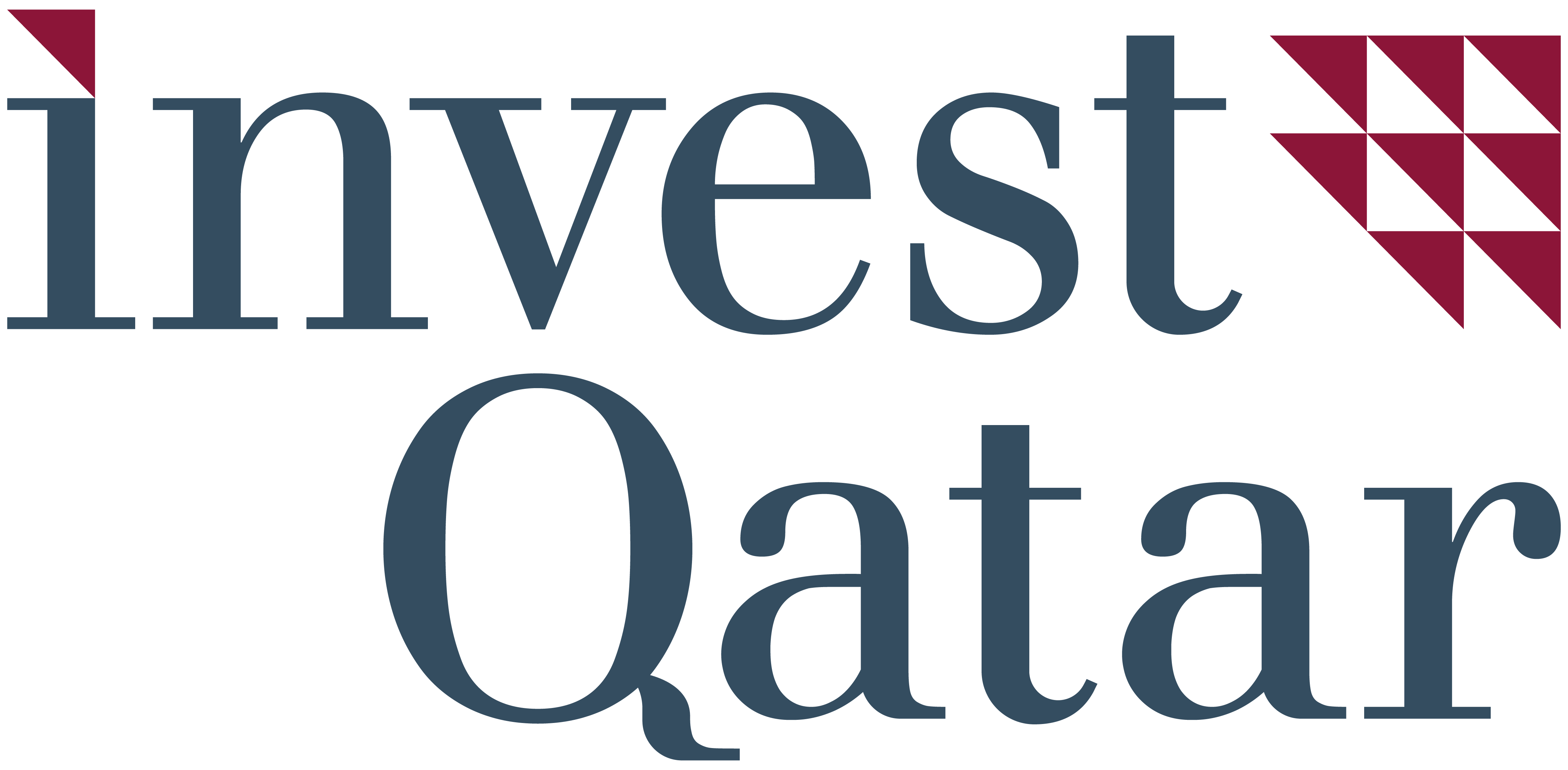Qatar is making a coordinated push for first-mover advantage in the Gulf Cooperation Council’s (GCC) digital assets sector. It has recently launched both a regulatory framework and an innovation lab to attract global financial technology firms, in a bid to lead the way in transforming the region’s financial services.
The Gulf state’s initiative combines new regulations for tokenisation, digital property rights and smart contracts with a testing ground that enables selected companies to develop financial technologies under regulatory guidance. McKinsey market analysis estimates that the total tokenised market cap could reach around $2tn by 2030, driven by the adoption of mutual funds, bonds and exchange-traded funds, loans and securitisation, and alternative funds.

Many of the world’s leading financial firms have already made their moves: JP Morgan has launched a crypto wallet and digital currency for payments; HSBC offers a platform for creating, settling and recording digital bonds; and BNY unveiled its Digital Assets Custody platform in 2022.
Bashir Kazour, Managing Director for the Middle East and APAC region for Taurus, a digital asset platform, says banks and financial institutions are adapting rapidly to develop tools and platforms for their customers. “It’s no longer just an option – it’s becoming essential for institutions looking to grow, improve liquidity and offer more innovative services to their clients. Qatar is playing a key role in this shift.”
Building a digital assets ecosystem
Qatar’s approach to digital assets prioritises market stability and sustainable innovation over speculative trading, therefore its focus is on real-world asset tokenisation, as opposed to cryptocurrencies, says Maha Al-Saadi, Head of Regulatory Affairs at the Qatar Financial Centre Authority (QFCA). “We aim to unlock liquidity, increase efficiency and attract investment into the economy through this strategy.”
Qatar recently launched its 2024 Digital Assets Framework, which establishes the legal and regulatory foundation for digital assets. The framework includes the process of tokenisation, legal recognition of property assets and their underlying assets, smart contracts and sukuk (Islamic bonds). QFC has taken a methodical approach to developing its regulatory framework, consulting with 37 domestic and international organisations across financial, technology and legal sectors.

In parallel, the QFC Digital Assets Lab has been created to foster innovation, research and developments around digital assets as distributed ledger technology. Over the past 12 months, 24 start-ups and fintechs have occupied the lab. Its scope extends beyond basic digital asset trading to encompass advanced financial instruments. Several current initiatives focus on tokenising real estate assets, developing Islamic financial products and creating new systems for carbon credit trading. ALT Realtech, one of the lab’s participants, is developing platforms for property tokenisation, while other firms explore applications in trade finance and sustainable investment products.
To strengthen the lab’s capabilities, QFC has established partnerships with global technology providers and financial institutions. Google Cloud, Masraf Al Rayan, the Hashgraph Association and R3 offer technical expertise to participants developing solutions that range from digital payment systems to asset-backed security platforms. Kazour says the initiative offers safe and regulated space to experiment with digital assets. “By reducing the regulatory hurdles, it helps financial institutions adopt technologies like blockchain faster and more confidently,” he says. “I believe this will significantly strengthen Qatar’s position as a leader in financial innovation across the region.”
Both traditional and green Islamic finance present particular opportunities for innovation through digital assets. “Investment tokens including sukuk show significant potential for improving market efficiency,” says Al-Saadi. “Tokenisation can improve liquidity, reduce issuance costs and increase access to global markets, while also streamlining the issuance and trading of sukuk and supporting sustainable development projects.”
Supporting Qatar’s national roadmap
Qatar’s digital asset strategy aligns with three major economic initiatives. The Qatar National Vision 2030 is aimed at building an advanced society capable of achieving sustainable development, using digital assets to enhance economic diversification and technological advancement. The country’s fintech strategy places Qatar as a leading regional hub, with digital assets driving innovation and attracting investment throughout the financial sector.

Under the Third Financial Sector Strategic Plan, these initiatives enhance market efficiency, expand financial inclusion and strengthen Qatar’s position as a key financial centre. “The combination of regulatory sandboxes with initiatives such as the QFC Digital Assets Lab are key enablers to foster innovation,” says Kazour. “We expect to see more cross-border digital payments and tokenised investments as the region continues to diversify its economy.”
Qatar’s development of a comprehensive digital asset ecosystem, combining regulatory frameworks with practical innovation facilities, puts this strategy into action. “Qatar is well positioned to influence the future of digital finance globally. With strong regulatory foundations and a commitment to innovation – especially through initiatives like the QFC Digital Assets Lab – the country is setting a benchmark for others in the region,” says Kazour. The initiative aligns with Qatar’s broader goals, supporting economic diversification while establishing the country as a hub for sustainable financial technology development. Through this coordinated approach to regulation and innovation, Qatar is reshaping how financial services are delivered across the GCC and beyond.
